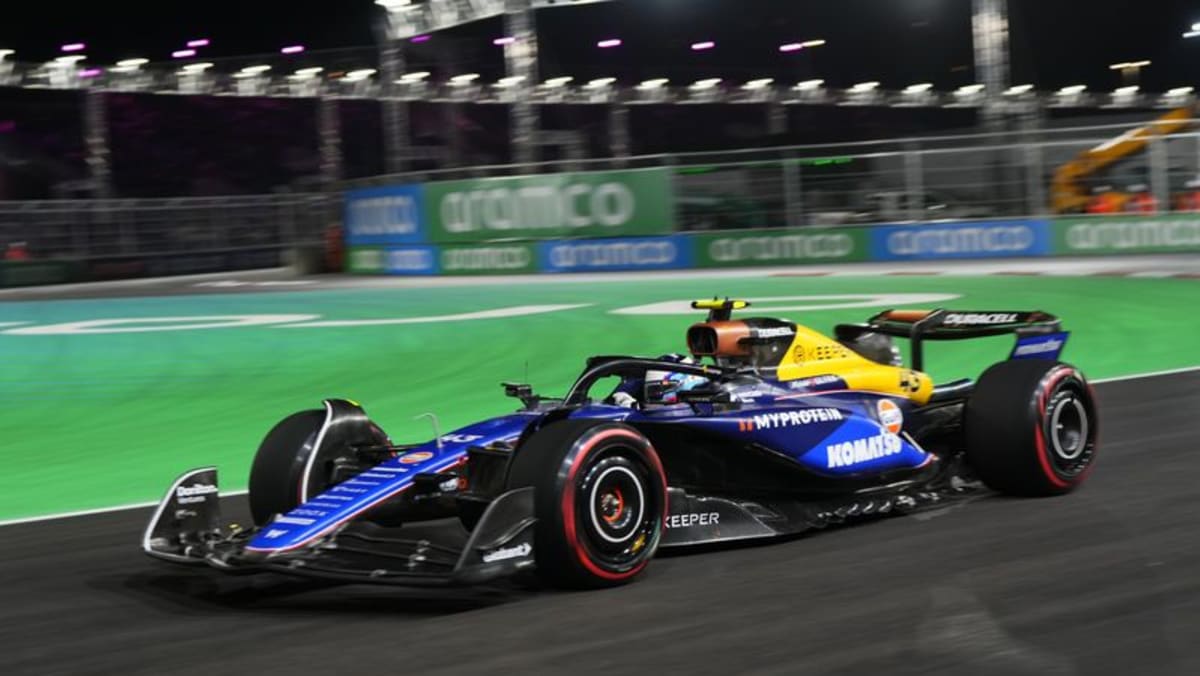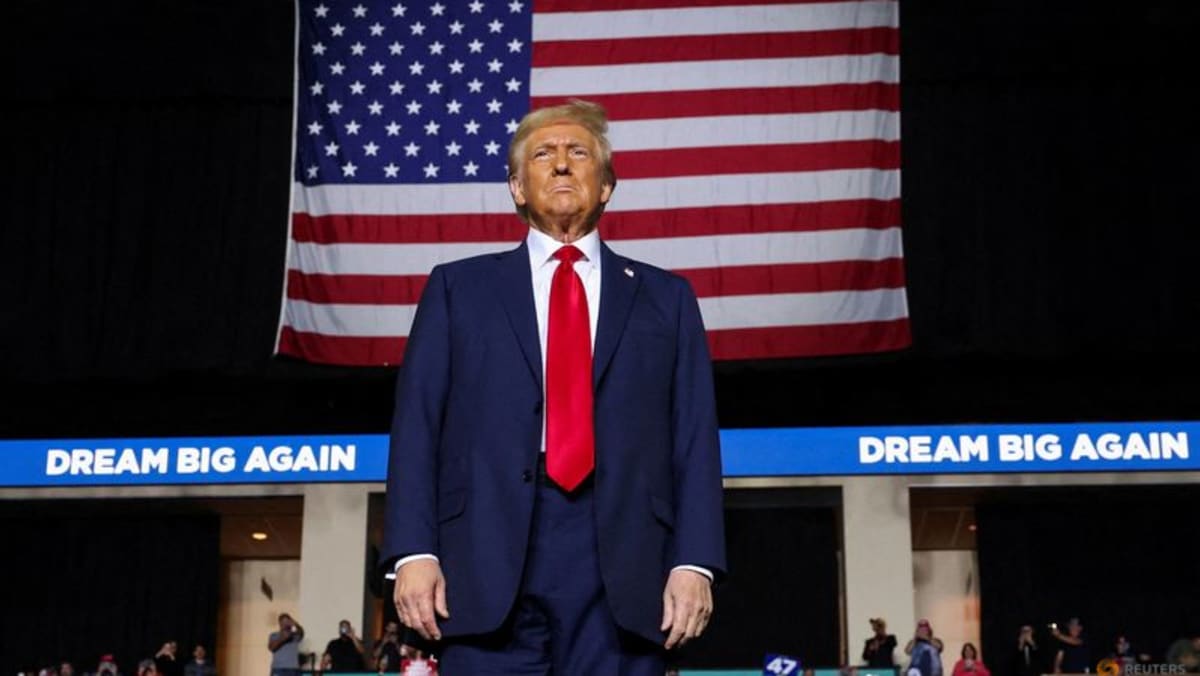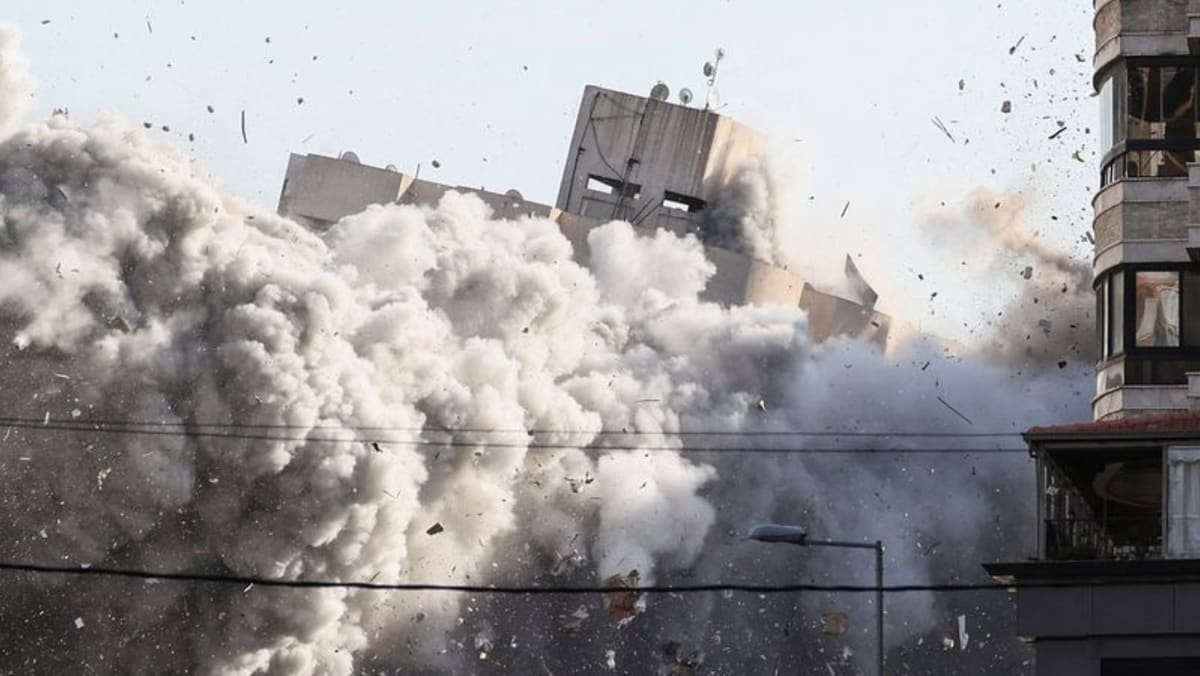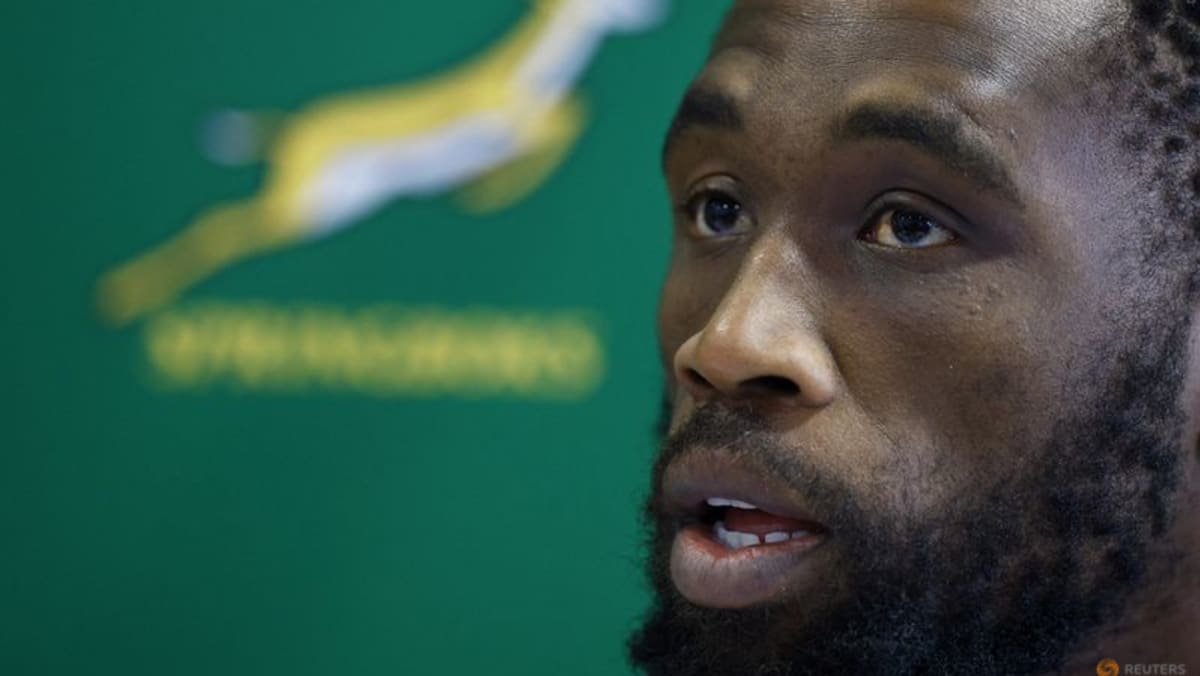Commentary: Zelenskyy sees NATO invite as ‘the only way’ for Ukraine to survive Russia’s invasion. His friends don’t agree

THE NATO PROBLEM
Ukraine applied for NATO membership in September 2022. Mr Zelenskyy believes that an official invitation to NATO is “the only way” for Ukraine to survive the Russian invasion.
But this key demand by Ukraine remains well beyond what members of the alliance can deliver. The new NATO Secretary General, Mark Rutte, repeatedly side-stepped questions in this regard at his concluding press conference on Oct 18, noting that Ukraine’s membership “is something we are ongoingly debating, of course, also amongst ourselves.”
In the same way that the EU is procrastinating on finalising further assistance measures for Ukraine under its European Peace Facility and on an updated mandate of the EU’s military assistance mission to Ukraine, NATO is still working on establishing a security assistance and training facility for Ukraine as a dedicated command which is “to become fully operational in the coming months”, according to Mr Rutte.
The issue with these commitments by Kyiv’s western allies, reiterated also by the first-ever meeting of defence ministers of the G7 group of advanced democratic economies, is not that they are not sincere or that they will not eventually materialise, but rather whether they will reach Ukraine in time.
On the battlefield, Ukrainian forces have lost about half of their initial gains from their incursion into Russia’s Kursk region. On the frontlines in the Donbas, Russian forces continue to make steady gains, especially in the Donetsk region where they are closing in on the strategic logistics hub of Pokrovsk. In the northeastern Kharkiv region, Russian pressure has also increased, forcing the evacuation of Kupiansk, a city some 100km east of Kharkiv, Ukraine’s second-largest city.
Russian forces have also continued their attacks on Ukraine’s critical national infrastructure and stepped up their strikes against Odesa, Ukraine’s most important Black Sea port in the far southeast of the country, and on Mykolaiv, an important inland logistics hub on the river Bug.
Russian air superiority – partly due to lack of Ukrainian air defences and partly due to the abundance of drones and missiles that Russia can deploy against Ukraine – is a critical factor explaining these setbacks. It also underscores the Russian capacity to produce military equipment at scale and to source critical supplies from allies like Iran and North Korea.
The evident Ukraine fatigue in the West, which partly accounts for the slow pace of making additional commitments or delivering on existing ones, uncertainty over the outcome of the US elections on Nov 5, and the problems that Germany, France and the UK face domestically, all point to the fact that, their rhetoric notwithstanding, Mr Zelenskyy’s key partners may already be beyond their peak in supporting him.
The problem for Ukraine and the West is that there is little evidence that Russia and its allies are as well.
Stefan Wolff is Professor of International Security at the University of Birmingham and Head of the Department of Political Science and International Studies.
Source: CNA















